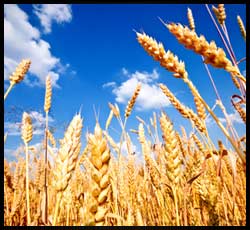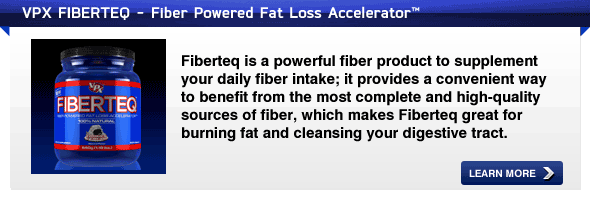 It’s just the facts, 2 out of 3 Americans are not getting the recommended amount of 25-35g of fiber per day by the Food and Drug Administration (FDA).
It’s just the facts, 2 out of 3 Americans are not getting the recommended amount of 25-35g of fiber per day by the Food and Drug Administration (FDA).
Not only does dietary fiber move waste through the GI (gastrointestinal tract), but it also helps in efforts to control body weight, and prevents heart disease, cancer, and diabetes. Think about it; if you eat unhealthy foods with little to no fiber (in the form of fruits, vegetables, and whole grains) content, your body’s pH balance goes out of whack. When you eat terrible, you feel fatigued and lethargic because you are full of waste/toxins. All this because you don’t like broccoli?!?!?!?! With your gut full of toxins there is no way you can bring your body’s pH balance back to neutral. These wastes are acidizing, therefore creating a more acidic environment, which may affect your overall quality of health & life, and make it nearly impossible for you to lose weight.
Let’s go back to the list of high fiber foods previously stated. Did you notice how most of them are fruits, vegetables, and whole grains? All of these foods are full of fiber, not to mention vitamins and minerals. Scientifically speaking, fibers are the structural parts of plants and thus are found in all plant-derived foods – vegetables, fruits, grains, and legumes. Fiber is considered a carbohydrate, but is not used as energy because it cannot be digested; it passes through the small intestine almost entirely intact. The bacteria of the GI tract can break some fibers down, which is important to digestion and health. There are two classifications of fibers, soluble and insoluble. Soluble fiber slows digestion and absorption keeping you fuller longer, and may lower cholesterol. Some major food sources are fruits, oats, barley, and legumes. Insoluble fiber – aka “roughage” - keeps things moving through the GI, which promotes regularity and prevents constipation. Major food sources are wheat bran, corn bran, whole grain breads and cereals, and vegetables (esp. leafy green). Both forms of fiber slow glucose absorption which relates to incidence of diabetes (i.e. helps control blood glucose levels).
Because fibrous foods hold a large quantity of water, they are very low in calories for their size. In my opinion, vegetables should be used as a “free-food” in your diet due to the fact that they are so low in calories and will easily provide bulk to your meal. It takes longer to chew them, fills your belly thus making you feel fuller longer. Essentially you are taking in fewer calories but consuming more food, which will help weight control considerably.
Increasing the fiber content of your daily routine can be done in many ways. First off, you could just simply eat some fruits and vegetables, and/or switch from white bread to wheat. Or you could use a fiber supplement like FIBERTEQ™ mixed into your juice or protein shake. Either way, be sure to drink plenty of water. Increasing your fiber intake is going to create weight and bulk to your stool, so to avoid constipation you must increase your fluid (water) intake as well. Be sure to increase your fiber slowly, too much too quickly may increase intestinal gas and discomfort. Increase your fiber intake gradually to allow your gut time to adjust.
To increase your fiber intake:
- Eat whole-grain cereals that contain at least 5g fiber per serving for breakfast.
- Eat raw vegetables.
- Eat fruits (such as pears) and vegetables (such as potatoes) with their skins.
- Add legumes to soups, salads, and casseroles.
- Eat fresh and dried fruit for snacks.
- Use fiber supplement such as FIBERTEQ™ (one serving provides 5g of fiber).
As a rule of thumb:
- Whole-grain products provide about 1-2g (or more) of fiber per serving.
- Most vegetables contain about 2-3g of fiber per serving.
- Fresh, frozen, and dried fruits have about 2g of fiber per serving.
- Legumes provide ~5-8g of fiber per serving.
If you are having trouble incorporating more fiber into your diet by way of whole foods, a fiber supplement, such as FIBERTEQ™, is an excellent way of reach your goal of 25-35g of fiber per day.
References
S.R. Rolfes and E.N. Whitney, Understanding Nutrition, 9th ed. (Belmont, CA, 2002)







